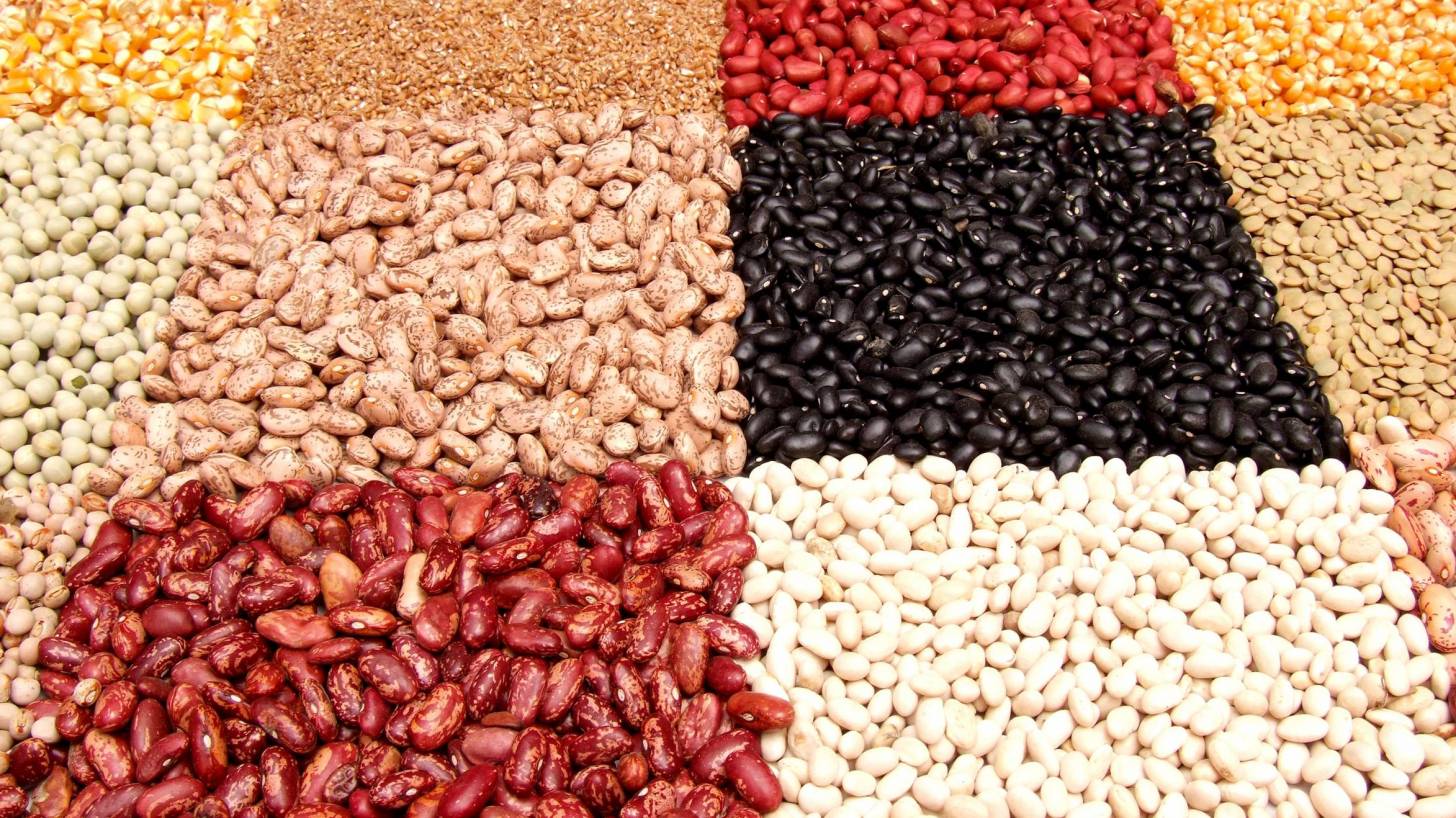Australian Peanut Allergy Vaccine ‘Tricks the Immune System’

Researchers from the University of South Australia (UniSA) announced they have developed a radically novel vaccine candidate that’s poised to cure a potentially life-threatening condition, peanut allergies.
This is important news since peanut allergies occur when the immune system mistakenly identifies peanuts as an allergen signaling human immune cells to release chemicals resulting in adverse reactions.
These severe allergic reactions can include impaired breathing, swelling in the throat, a sudden drop in blood pressure, dizziness, and even death.
Announced on December 6, 2019, the new peanut allergy vaccine candidate is formulated by packaging bits of peanut proteins into the Sementis Copenhagen-vectored (SCV) virus platform.
SCV’s technology was developed by Dr. Paul Howley, Chief Scientific Officer, Sementis and UniSA’s Professor John Hayball, Head of UniSA’s Experimental Therapeutics Laboratory.
The vaccine project leader, Dr. Preethi Eldi said in a related press release, ‘the new peanut allergy vaccine has great potential to change lives.’
‘The peanut allergy vaccine tricks the immune system into seeing peanut allergens in a new light so that the body responds normally instead of generating an allergic reaction.’
Dr. William Smith, Head of the Clinical Immunology and Allergy unit at the Royal Adelaide Hospital and lead clinician involved in this vaccine study, says ‘that despite global efforts and several other ongoing clinical trials, the development of immunomodulatory therapeutics is proving extremely challenging.’
Recent peanut allergy vaccine news
- Peanut Allergy Oral Immunotherapy Desensitizing May Take Longer
- Peanut Allergy Clinical Trial Announced Positive Results
“There are varying degrees of ‘clinical’ desensitization of peanut allergy, but to date, none have succeeded in safely and completely eradicating peanut allergy.”
“The preliminary data is encouraging and favors that the vaccine can meet all these criteria. It’s very exciting research and we are very positive to take the next step into what we hope will be a cure for peanut allergy,” concluded Dr. Smith.
Globally, the incidence of food allergies and related life-threatening anaphylaxis is increasing, with the World Allergy Organization reporting 220-550 million people are affected.
Peanuts are one of the most common food allergies and the most likely food to cause anaphylaxis or death. In Australia, there is a particularly high prevalence of peanut allergies with one in 200 adults, and almost three in every 100 children affected.
Food allergies are public health concerns that affect an estimated 4–6 percent of children in the USA, says the Centers for Disease Control and Prevention (CDC).
More than 170 foods have been reported to cause allergic reactions. Common edible legumes include lentils, peas, chickpeas, beans, soybeans, and peanuts.
In the USA, peanut allergy has become the leading cause of anaphylaxis and death related to food allergy. The prevalence of peanut allergy was more than 2 percent of US children in 2010.
Avoiding a ‘peanut allergen’ is the only way to manage the allergy, said the CDC in an online statement on May 29, 2019.
Food Allergy vaccine news published by Precision Vaccinations
Our Trust Standards: Medical Advisory Committee







